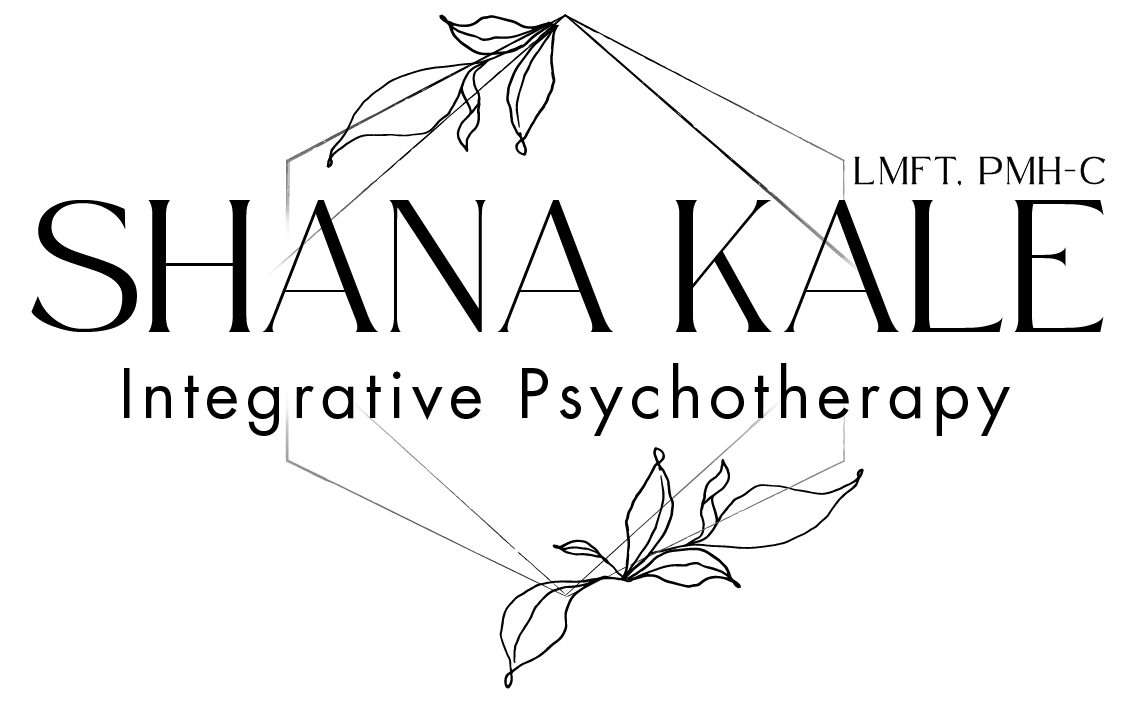
EMDR Therapy
EMDR (Eye Movement Desensitization and Reprocessing) is an integrative therapeutic modality that is highly effective for treating the effects of trauma. Trauma is the emotional response to a terrible and scary event.
Effects of trauma can include flashbacks, fear, as well as false beliefs about oneself and the world. For example, a car accident victim may no longer be able to get behind the wheel of a car for fear that another accident may occur. An adult who experiences abuse or neglect in childhood may grow up to believe they are bad or unworthy. This may affect their self-esteem, their career and relationship choices, as well as cause other distressing psychological symptoms.
While EMDR is particularly effective in the treatment of trauma, it is also used successfully in treating:
• Anxiety
• Loss/Grief
• Depression
• Stress Reduction
• Panic disorders
• Disturbing Memories
• Addiction
• Life Transitions
How does EMDR work?
EMDR works by helping memories or "neural networks" that are stuck in the brain link up with more resourceful, creative, and expansive networks in the brain. This is done in session by having the client process memories, feelings, or sensations, while receiving some form of alternating stimulation to each side of the body. The result is that the memories, feelings, or sensations that felt stuck now seem to move toward a greater sense of ease and resolution and no longer feel troubling. I believe as many others do, that this is truly the mind and body's natural tendency to move towards integration and healing.
For more information please visit: www.emdria.org

“Sometimes it takes darkness and the sweet confinement of your aloneness to learn anything or anyone that does not bring you alive is too small for you.”
— David Whyte, The House of Belonging
